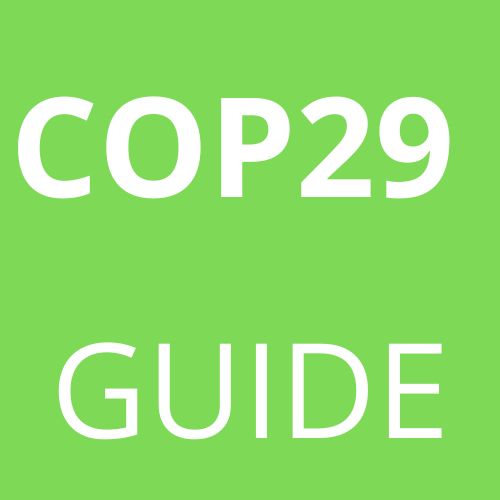Just Transition: political, social, technical and economic paths and challenges / Transição Justa: caminhos e desafios políticos, sociais, técnicos e econômicos

The global climate crisis requires the energy transition from fossil fuels to renewable sources, especially in the Global North, where the power grid has a predominance of fossil fuels. The energy transition and security strategies drive the need to expand renewable sources, with emphasis on wind and solar. Despite the characterization of these as clean sources, there is evidence that renewable energy projects have several elements of unsustainability in their supply chains and can result in significant socio-environmental impacts, such as the displacement of communities from their territories, compromising critical ecosystems, subsistence and sources of income, causing damage to health, biodiversity and environmental services.
Energy transition strategies also involve the exploration of 'strategic or critical minerals such as lithium, niobium, graphite, copper and phosphate, among others, used in batteries for electricity generation systems and electric vehicles, with high socio-environmental impacts, particularly in countries of the Global South, reserve territory and unrestrained exploitation of these minerals. Additionally, the new levels of extraction of some ores and the speed with which their production is demanded via new mining projects, tend to significantly increase the number and intensity of territorial conflicts.
In addition to the socio-environmental challenges mentioned above, there are also infrastructure challenges to ensure the integration of renewable sources into the national interconnected system, requiring transmission lines and improved operations. The challenge of expanding variable sources of renewable energy and phasing out fossil sources must be coupled with sustainability, resilience and cost effectiveness of energy systems, meaning regulatory and public policy efforts.
In this context, the event will provide a dialogue on the governance framework necessary to guarantee a truly sustainable, socially fair and inclusive energy and ecological transition, with special attention to the rights of local communities, as well as environmental sustainability, combined with regulatory, operational and planning challenges toaccelerate this transformation in Brazil.
Speakers:
Ricardo Baitelo - IEMA; Rosana Santos - Instituto E+; Andrêa Ferreira - Associação de Pesquisa Iyaleta; Cristiane Faustino - Terramar; Brent Millikan - Conectas Direitos Humanos.

